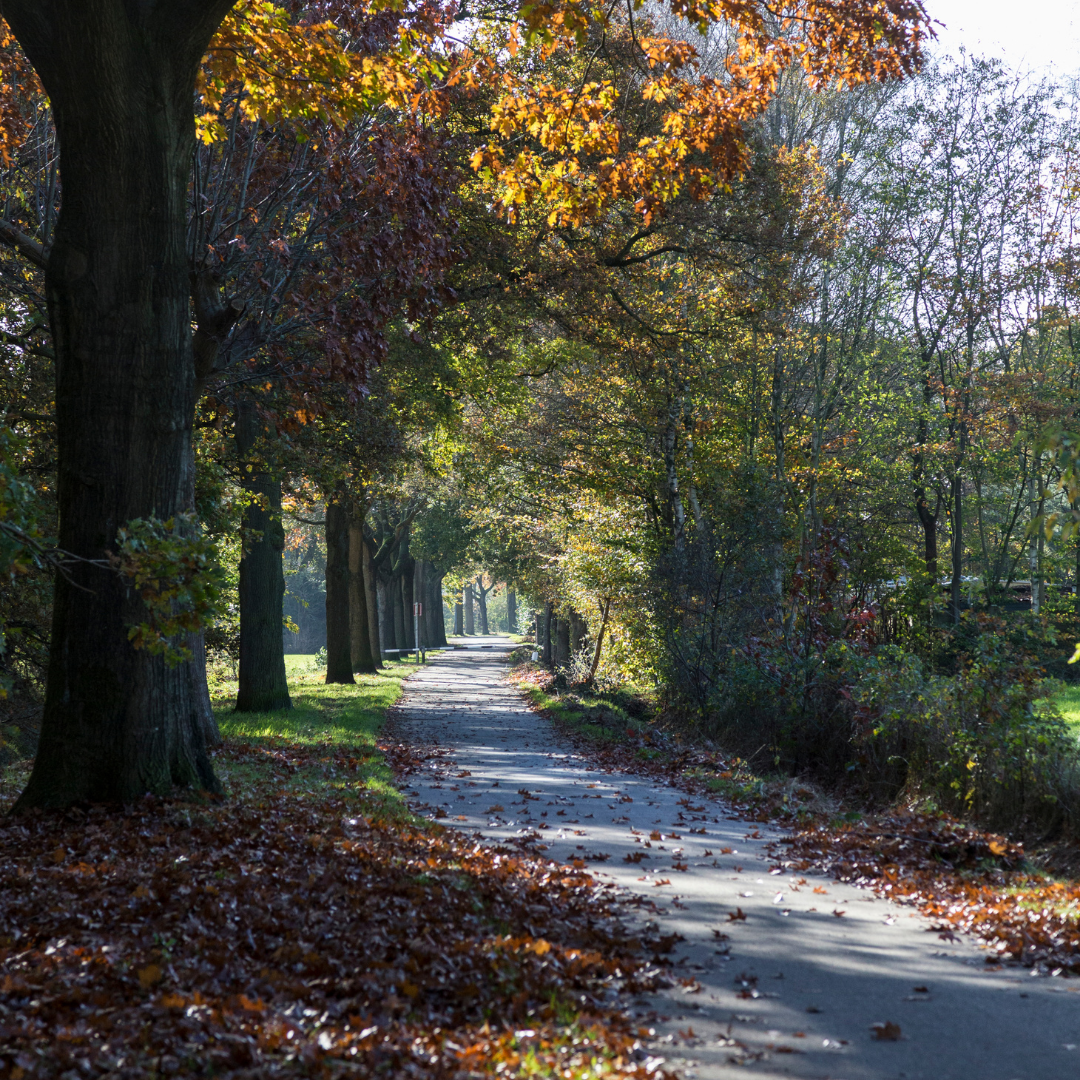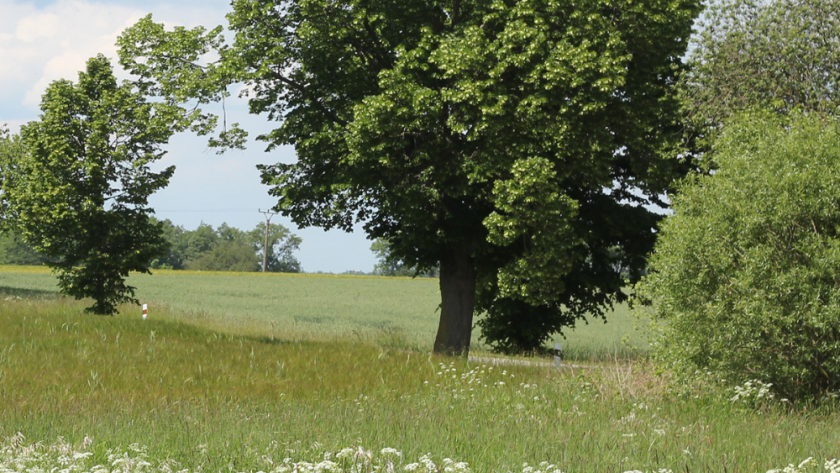In the past, owning land was a surefire way to get rich. You could rent it out to tenants who would then spend their entire lives working on it, sending tribute to you.
That might have been the way it worked in the past, but things are a little different today. Most people live in big cities, so the value of rural land isn’t what it used to be. Yes, you can still rent it out – or even sell it – but it isn’t quite as lucrative as other investments.
Or is it?
In this post, we take a look at some of the ways you can increase the value of your land and make it work for you.
Get Planning Permission
Land that developers can’t build on isn’t worth much. But if you get planning permission, you suddenly increase the value. That’s because the land doesn’t have to be idle: somebody can put it to productive use.
Find out what developments are allowed on your land. Then either sell the land to a developer or oversee construction yourself, taking rental income from any residential or business tenants who move onto the site.
Install Utilities
Developers may still be unwilling to pay an acceptable fee for your land if it doesn’t offer utilities, such as electricity and water. As the owner, therefore, you may need to install these yourself to encourage demand. Once utilities are in place, many developers feel more confident proceeding with their projects, again raising the sale or rental price of the land.
Add Fencing
Most land in rural areas is fence-free. For tourists, that’s great because it means that they can wander and get great views. But for the landowners themselves, it’s not so good. That’s because when people look to use land, they want it to have clear boundaries. Installing fences isn’t cheap, so if it is done already, the land becomes more attractive. A clear boundary helps to make the site “exclusive” – that is, only people authorized to use it can use it.
Remove Brush
Plain grass or well-drained dirt is okay because it is easy to build on. However, if you have thick brush on the site, that can make the land less attractive.
Invest in brush mowing and get rid of the excess foliage. Once gone, you can then advertise the land as ready for a range of purposes, such as agriculture, commercial development or even mining.
Improve Access

For land to be valuable, it requires access. Ideally, future owners and renters need to be able to drive their vehicles to it, not have to walk there on foot over boggy ground.
If you can, look for ways to improve access. This might involve laying a stony track, paving a segment from the main highway, or adding gates. You may also want to reinforce soft ground with plastic lattices, particularly if vehicles will drive on the land.
In summary, land can be a valuable asset, but you need to know how to increase its value. Follow these tips and you’ll soon experience tremendous returns.



